Empowering Postpartum Recovery: The Role of Chiropractic Care in Returning to Sport.
The postpartum period is a transformative journey for new mothers, marked by physical changes, emotional adjustments, and the joy of welcoming a new life. For athletic women, the desire to return to sport after childbirth is often accompanied by unique challenges, including musculoskeletal imbalances, pelvic floor dysfunction, and hormonal fluctuations. In recent years, chiropractic care has emerged as a valuable resource for supporting postpartum women in their journey back to sport. In this comprehensive guide, we explore the benefits of chiropractic care in facilitating postpartum recovery and optimizing athletic performance.
Understanding the Postpartum Journey:
The postpartum period encompasses the first six weeks after childbirth, during which a woman's body undergoes significant physiological changes as it transitions from pregnancy to the postpartum state. While this period is a time of joy and bonding with the newborn, it also presents challenges such as hormonal fluctuations, sleep deprivation, and physical recovery from childbirth. For athletic women, returning to sport after childbirth adds another layer of complexity, requiring careful attention to the body's needs and limitations.
The Role of Chiropractic Care in Postpartum Recovery:
Chiropractic care focuses on optimizing the function of the musculoskeletal system, nervous system, and overall body alignment through manual adjustments, soft tissue therapies, and rehabilitative exercises. In the postpartum period, chiropractic care offers numerous benefits for women seeking to return to sport, including:
Restoring Pelvic Alignment:
Pregnancy and childbirth can cause pelvic misalignments and imbalances, leading to pelvic pain, instability, and dysfunction. Chiropractic adjustments help realign the pelvis, alleviate pressure on the pelvic joints, and restore balance to the pelvic floor muscles. By addressing pelvic alignment issues, chiropractic care promotes optimal biomechanics and reduces the risk of injury during physical activity.
Addressing Diastasis Recti:
Diastasis recti, or separation of the abdominal muscles, is a common condition among postpartum women, particularly those who have undergone cesarean sections or experienced multiple pregnancies. Chiropractic care includes specific exercises and manual techniques to strengthen the deep core muscles and facilitate the closure of abdominal separation. By addressing diastasis recti, chiropractors help improve core stability and support the spine during athletic movements.
Supporting Hormonal Balance:
Hormonal fluctuations during the postpartum period can affect musculoskeletal health, mood, and energy levels. Chiropractic care incorporates lifestyle recommendations, nutritional support, and stress management techniques to support hormonal balance and overall well-being. By optimizing hormone levels, chiropractors help women feel more energized, resilient, and ready to return to physical activity.
Enhancing Joint Mobility and Function:
Pregnancy hormones, ligament laxity, and changes in posture can contribute to joint stiffness and reduced range of motion in the postpartum period. Chiropractic adjustments target restricted joints, release tension in the surrounding muscles, and restore optimal joint mobility. By improving joint function, chiropractors help enhance athletic performance, prevent injuries, and facilitate efficient movement patterns.
Addressing Breastfeeding Challenges:
Breastfeeding can pose challenges for postpartum women, including neck and shoulder pain, upper back tension, and thoracic outlet syndrome. Chiropractic care includes ergonomic assessments, postural corrections, and manual therapies to alleviate breastfeeding-related discomfort and support optimal body mechanics. By addressing musculoskeletal issues associated with breastfeeding, chiropractors help women maintain their physical well-being while nourishing their newborns.
Rehabilitating Pelvic Floor Dysfunction:
Pelvic floor dysfunction, including urinary incontinence, pelvic organ prolapse, and pelvic pain, is common among postpartum women and can impact athletic performance and quality of life. Chiropractic care includes pelvic floor rehabilitation exercises, biofeedback techniques, and manual therapies to strengthen the pelvic floor muscles, improve bladder control, and alleviate pelvic pain. By addressing pelvic floor dysfunction, chiropractors help women regain confidence in their bodies and pursue their athletic goals with greater ease.
Incorporating Chiropractic Care into Postpartum Fitness Plans:
Integrating chiropractic care into postpartum fitness plans can enhance the effectiveness of rehabilitation programs and optimize athletic performance. Here are some tips for incorporating chiropractic care into postpartum recovery:
Consult with a Postpartum-Focused Chiropractor:
Seek out a chiropractor who specializes in postpartum care and has experience working with athletes. A postpartum-focused chiropractor will understand the unique needs and challenges of athletic women and can tailor treatment plans to address specific goals and concerns.
Prioritize Pelvic Health:
Place a strong emphasis on pelvic health and core stability in postpartum fitness programs. Work with your chiropractor to develop a personalized rehabilitation plan that includes pelvic floor exercises, core strengthening drills, and functional movement patterns to support athletic performance and prevent injuries.
Practice Mindful Movement:
Practice mindful movement and body awareness during postpartum workouts to avoid overexertion and minimize the risk of injury. Listen to your body's signals, modify exercises as needed, and incorporate restorative practices such as yoga, Pilates, and gentle stretching to promote recovery and relaxation.
Focus on Functional Training:
Focus on functional training exercises that mimic the movements and demands of your sport. Work with your chiropractor to incorporate dynamic movements, balance drills, and proprioceptive exercises into your training routine to improve agility, coordination, and neuromuscular control.
Prioritize Self-Care:
Prioritize self-care and recovery strategies to support your physical and emotional well-being during the postpartum period. Get an adequate amount of rest, nourish your body with nutritious foods, stay hydrated, and practice stress management techniques such as deep breathing, meditation, and mindfulness to promote overall health and resilience.
Chiropractic care plays a vital role in supporting postpartum women as they navigate the journey back to sport. By addressing pelvic alignment, diastasis recti, hormonal balance, joint mobility, breastfeeding challenges, and pelvic floor dysfunction, chiropractors help women overcome barriers to athletic performance and achieve their fitness goals with confidence and resilience. By incorporating chiropractic care into postpartum recovery plans, women can optimize their physical function, prevent injuries, and enjoy a smooth transition back to sport, allowing them to thrive both on and off the field.
Looking For More Information About Similar Topics?
Learn more about our clinic based in Kelowna, BC here.
Check out our free to download exercises.
Learn about chiropractic care for chronic pain on our blog.

